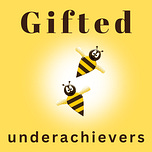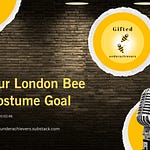More than one writer has found themselves too busy blurbing other people’s books to write their own...but things might be shifting.
The New York Times said recently that “blurbing” (supporting another artist’s work by writing praise they can quote) may not be all it’s cracked up to be. And even more recently, Simon & Schuster’s US imprint announced an end to the ancient practice of forcing writers to ask colleagues and strangers to endorse their books.
In this short segment, we discuss the practice and some of its pitfalls and drawbacks.
Questions for Listeners:
(Hop on over to the segment web page to leave us your answers.)
Do you take ‘blurbs’ into account when consuming other people’s art, books, films?
If you’re a bookseller, do you take blurbs into account when ordering titles?
Have you ever asked a colleague or mentor for a blurb?
If yes, how did it go?
Segment Links:
Simon & Schuster’s US imprint no longer wants blurbs (The Guardian): https://www.theguardian.com/books/2025/jan/31/simon-schuster-us-imprint-authors-blurbs-books
Anthony Horowitz on blurbing (The Guardian): https://www.theguardian.com/books/booksblog/2012/may/11/cover-blurb-book-recommendation
How to ask for a blurb (YouTube short):
https://youtube.com/shorts/QVzzhzl_n4I?feature=shared
New York Times pieces on blurbing: https://www.nytimes.com/2025/02/04/books/review/simon-and-schuster-blurbs-books.html
https://www.nytimes.com/2025/02/09/opinion/books-authors-blurb.html
Asking for artist recommendation letters:
https://www.gyst-ink.com/letters-of-recommendation
















Share this post